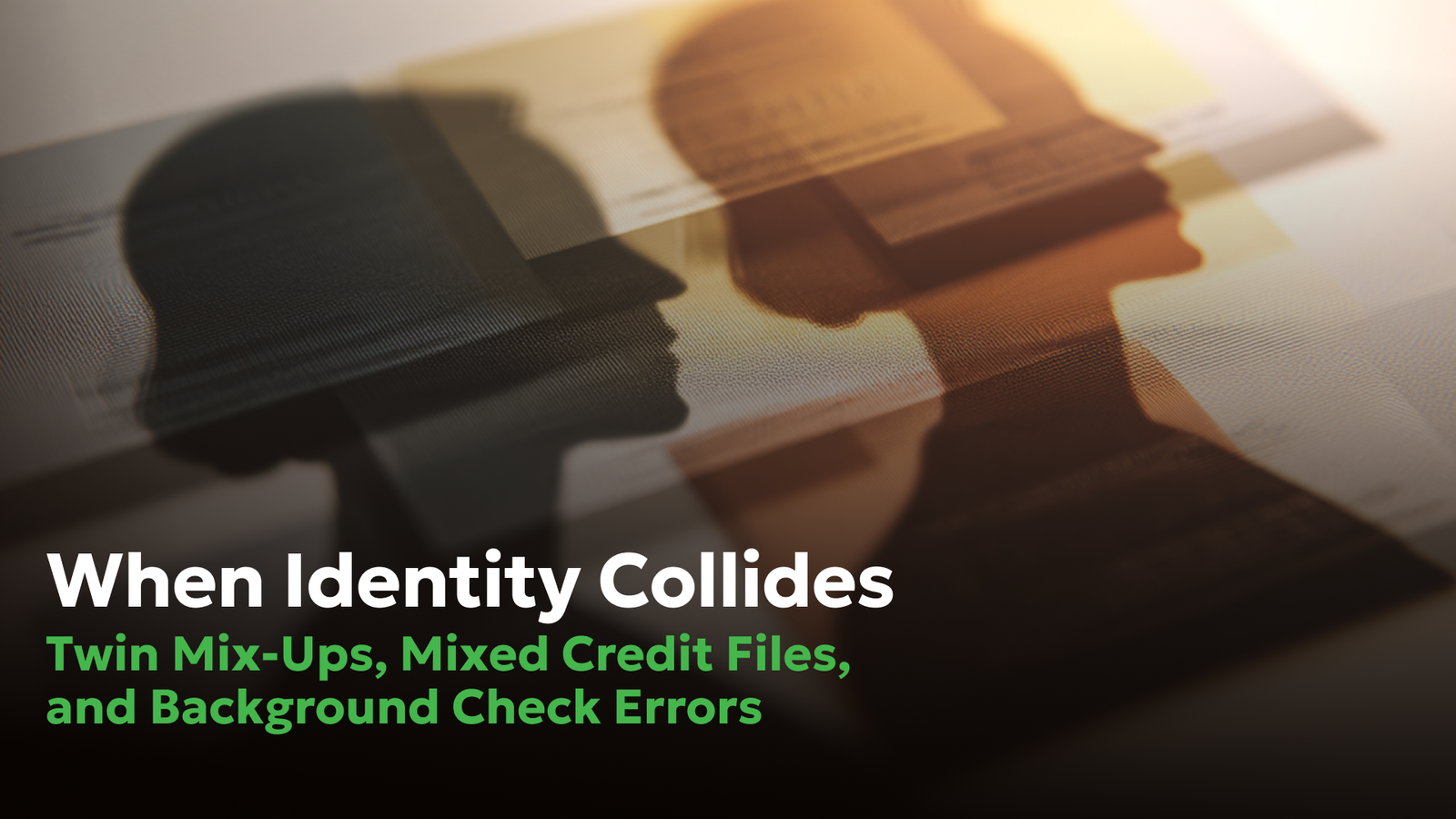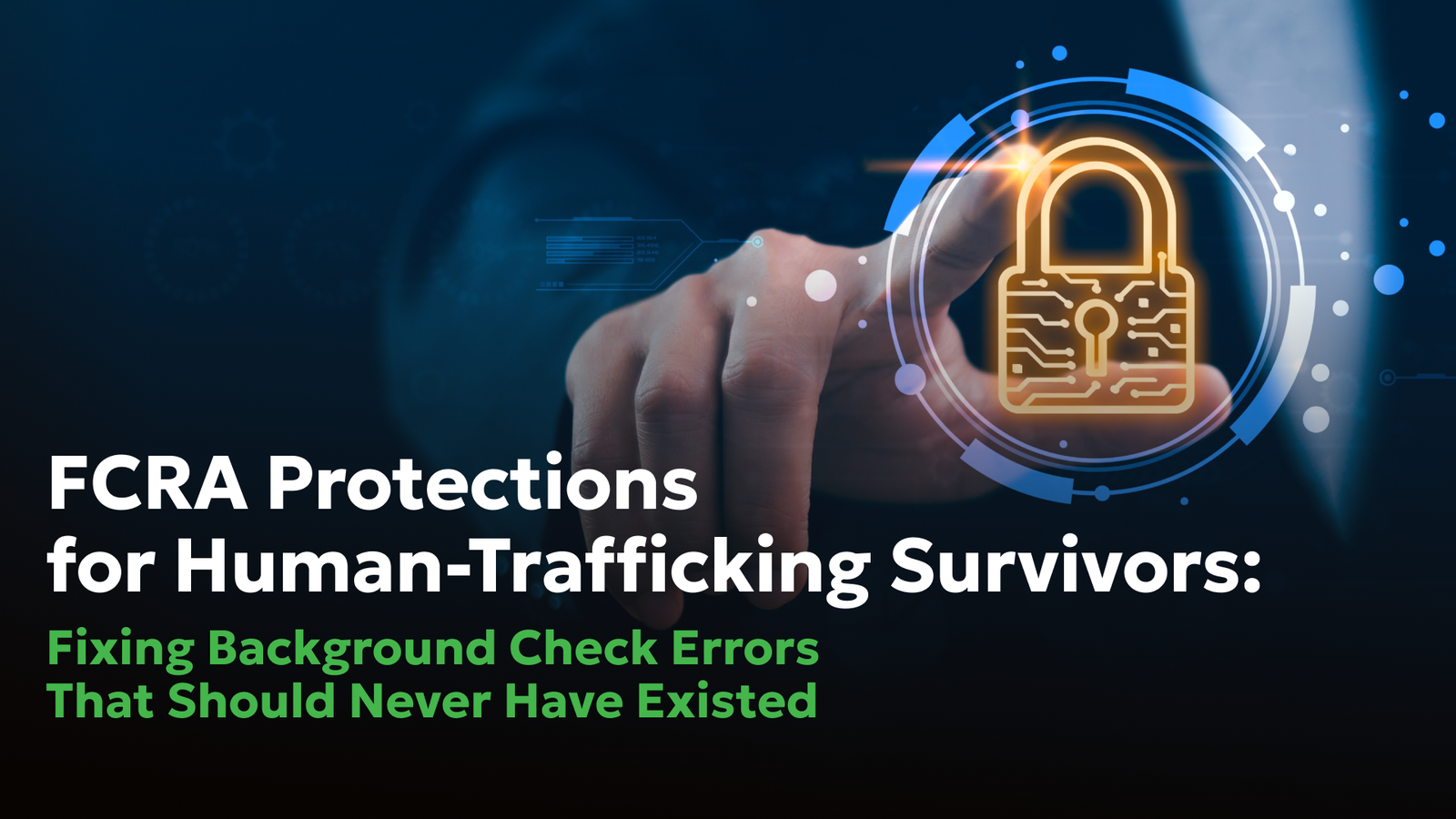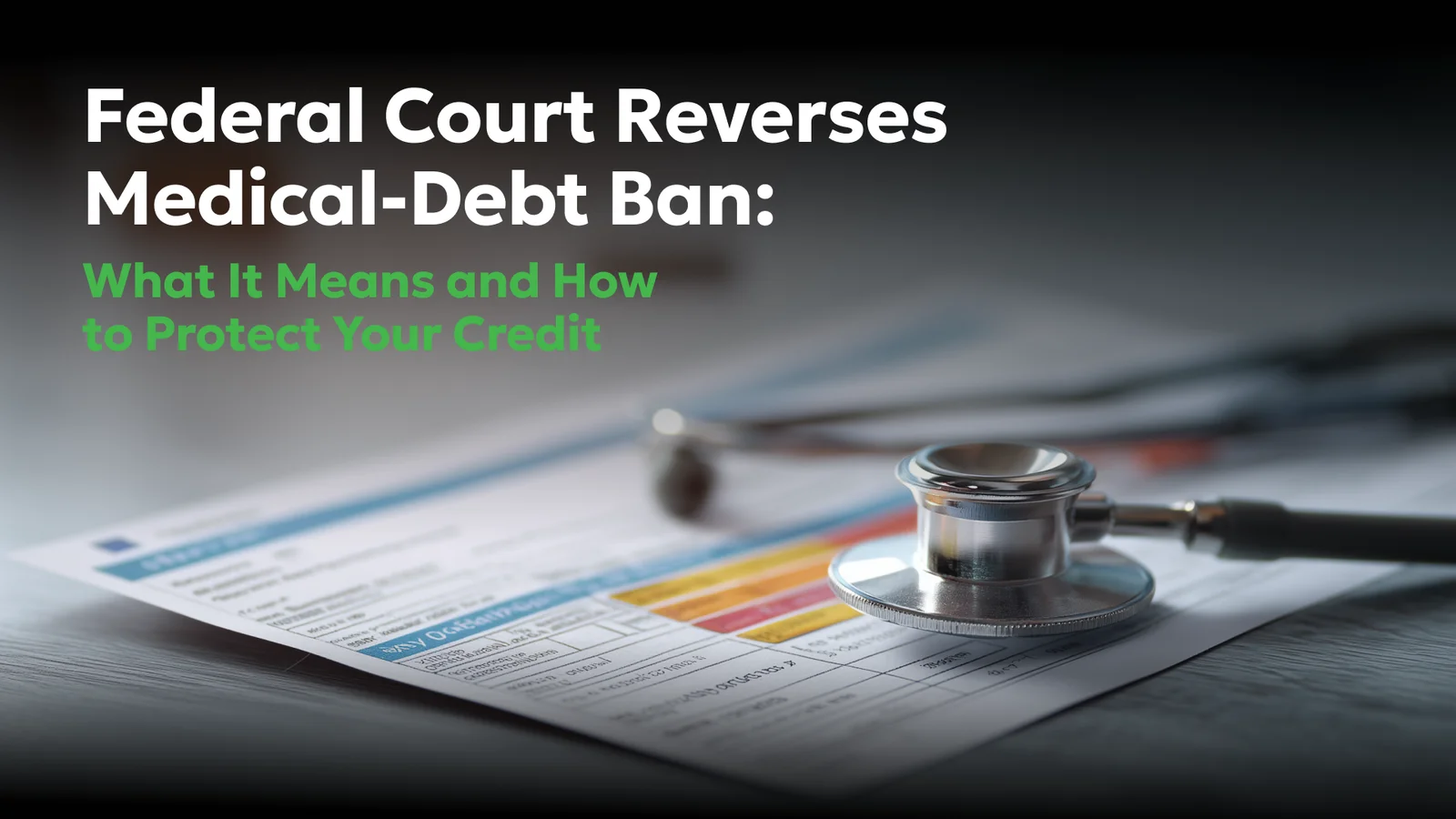What Is an L2C Credit Score?
- Blog
- Credit Reporting Inaccuracies
What Is an L2C Credit Score?

An L2C credit score is a score for people with untraditional credit profiles. Learn how L2C scores can affect you!
In this article, Consumer Attorneys explains what an L2C credit score is, why it’s important, how it may affect you, how to get access to all three credit reports for FREE, and what you should do if you find errors contained in your credit profile.
In our current consumer economy, having a good credit score is necessary to make major purchases. Typically, when someone mentions a credit score, the first thing that comes to mind is a score from one of the major consumer reporting agencies (TransUnion, Equifax, and Experian), also known as the credit bureaus. These scores are critical when acquiring new credit accounts, but there are other scoring models that are less known and may be considered in some credit decisions.
One of the less known but still important scores is a credit score referred to as an L2C score, which is provided by L2C Inc. This score ranges from 300-850 and is listed as “Link 2 Credit” or L2C by some online sources.
Many consumers question what type of credit score an L2C score is. We have answers! Keep reading to learn more about L2C scores, how our lawyers can help you with L2C credit report errors, and how L2C scores may affect you in the future.
Discover - L2C Credit Score
In order to fully understand an L2C score, let’s check out the history of the scoring model. The L2C score is provided by a company called L2C Inc, which was acquired by TransUnion around 2014. Additionally, L2C Inc. offers scoring models for consumers as well as analytics services and uses alternative payment data and asset information to create unique scores, including credit, collection, and marketing scores.
Since an L2C score uses alternative data, this is the preferred scoring model of consumers who don’t have an extensive or “traditional” credit history with the major credit agencies.
Those with less traditional credit profiles prefer this scoring method because it predicts a score based on a consumer’s data pulled from other sources like utility bill payments, rental payments, phone bills, etc.
Check out the score ranges chart below for more information.
Score Ranges
All three of the major credit bureaus have slightly different scoring models and score ranges, but the one below is generally considered when determining creditworthiness.
| Score Range | Category |
| 300 - 579 | Poor |
| 580 - 669 | Fair |
| 670 - 739 | Good |
| 740 - 799 | Very Good |
| 800 - 850 | Exceptional |
Why is an L2C score important?
L2C scores are important because they provide an avenue for people with less than “perfect” credit to rent, open credit accounts, and accomplish more than they might be able to with traditional credit scoring models.
Not all lenders use L2C scores, but some do. Subprime lenders (those who offer credit opportunities to people with low or no credit) are more likely to be familiar with and open to using L2C scores. Also, credit unions and some property management companies use L2C scores.
The best way to know if a lender is open to using L2C scores is by asking them directly. You can also review their website to see if it mentions credit scoring models or any other useful information.
L2C2 Credit Report Errors
Like any consumer report based on pooled data, mistakes can happen. When they do, the consequences can be significant, especially if they result in loan, rental, employment, or other denials. The Fair Credit Reporting Act (FCRA) legally requires all data-driven consumer scoring and reporting models to be accurate. This means that when errors show up, the FCRA provides certain legal protections, including disputing the errors, filing a lawsuit (if necessary), and seeking compensation for any harm suffered. If you suspect the errors are related to identity theft, you can work directly with the credit bureaus (Experian, Equifax, and TransUnion) to implement safeguards like fraud alerts or freezing credit reports. These tools prevent further unauthorized use or exploitation of data vulnerabilities by identity thieves. We recommend contacting a consumer protection attorney for legal guidance as soon as you notice any errors.
Contact Us
If there are errors contained in your report, file a dispute them right away. Our credit report lawyers are available to assist with disputing errors, removing mistakes, and filing a lawsuit when necessary.
Frequently Asked Questions
You can check your credit report from each of the three major bureaus (Equifax, Experian, and TransUnion) for free by visiting annualcreditreport.com. When visiting the site, you will have to fill out a form in order to request one, two, or all three of your credit reports. The verification form asks for your name, address, Social Security number, birthday, and other identifying details. Once you get through this first step, you can then request the credit reports you want – for FREE! Be sure to review each report in order to identify errors you would like to dispute.
The three most prominent credit reporting agencies, Equifax, Experian, and TransUnion, gather data about you from your creditors, lenders, debt collectors, and public records to create your credit report. Each credit report records information on your payments, credit accounts, credit checks, bankruptcies, tax liens, collection lawsuits, judgments, and any other credit events that help tell your financial story. Your credit scores and credit activity are sent by your creditors to one or more of the bureaus every month. Sometimes scores may vary depending on which bureaus creditors are reporting to.
It is usually safe to get a free credit report. Be sure to use annualcreditreport.com because it is a well-known and protected site. Sometimes other companies promising “free” credit reports are really phishing scams attempting to steal your personal details so be careful. Once you get your credit reports, be sure to make it a routine to review them for any mistakes or information that looks wrong. Credit reports can help unveil errors and even identity theft. It’s a good practice to pull your free reports several times per year in order to review them for any new information that you will need to dispute later on.
Credit scores usually range from 300 to 850 and the closer you are to 850, the “better” your score is. Also, the closer to 300, the poorer the score. Some subprime lenders (those who work with people with less-than-perfect credit) are willing to accept a lower credit score for higher down payments and other stipulations. Some subprime lenders may even use what is known as an L2C credit scoring model. Check out our article that contains a credit score chart as well as more information about L2C credit scores and how they may apply to you.
No, credit scoring models are not only used in the U.S. Other countries like the U.K. and Canada also have credit scoring models. Every country is different and although some countries do not have a model called “credit scoring” they may have some other means for determining if citizens are creditworthy or not. It’s important to know that every country uses its own system and if you plan on moving abroad, you should do extensive research beforehand. Also, contact Consumer Attorneys for your credit concerns. We’ve helped many people get money for credit errors and we’re happy to provide you with a case evaluation.


Daniel Cohen is the Founder of Consumer Attorneys. Daniel manages the firm’s branding, marketing, client intake and business development efforts. Since 2017, he is a member of the National Association of Consumer Advocates and the National Consumer Law Center. Mr. Cohen is a nationally-recognized practitioner of consumer protection law. He has a we... Read more
Related Articles




R
ONGS™You pay nothing. The law makes them pay.







